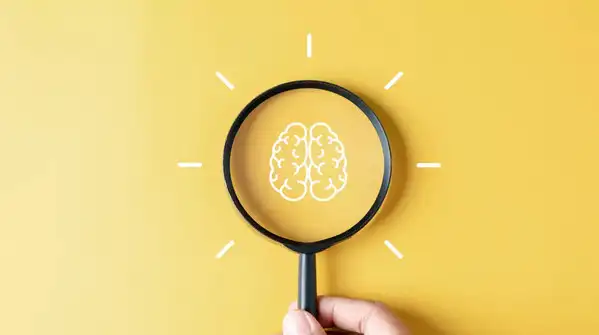
1/7
6 nutrients that boost brain function and their natural sources
Keeping the brain in top shape is crucial to maintain overall health and wellness. While mental workouts and good sleep can help, the nutrients you incorporate have a significant impact, both now and in the future. There’s no magic pill for better brain health; however, certain nutrients come remarkably close. From boosting memory to improving focus and protecting against age-related decline, certain nutrients can boost brain health and function. Here is a list of 6 vital nutrients that your brain needs, and their natural sources.

2/7
Omega-3
Omega-3 is a healthy fatty acid, which is linked to enhanced brain function and development in all stages of life.Studieshave shown that omega-3 fatty acids increase learning, memory, cognitive well-being, and blood flow in the brain. Omega-3, particularly EPA (eicosapentaenoic acid) and DHA (docosahexaenoic acid), are essential fats that build and maintain brain cell membranes. Foods such as fatty fish (salmon, sardines, mackerel), chia seeds, flaxseeds, walnuts, and algal oil (plant-based DHA supplements) are good sources of Omega-3.
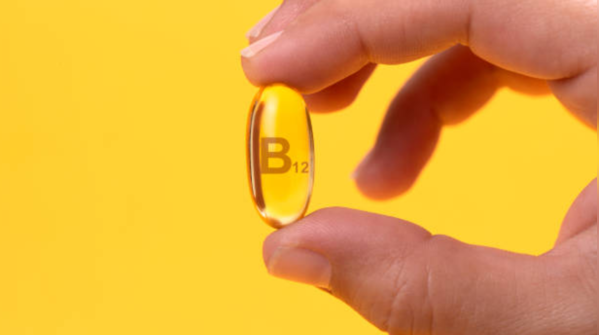
3/7
Vitamin B12
Vitamin B12 (cobalamin) is an essential nutrient that plays a crucial role in maintaining the health of nerve tissue, improving brain function, and the production of red blood cells. This nutrient also helps to reduce homocysteine levels in the body. Homocysteineis an amino acid that can be harmful in high concentrations. You can add foods such as eggs, dairy products (milk, cheese, yogurt), meat and poultry, and fortified cereals (especially for vegans) to get this naturally.
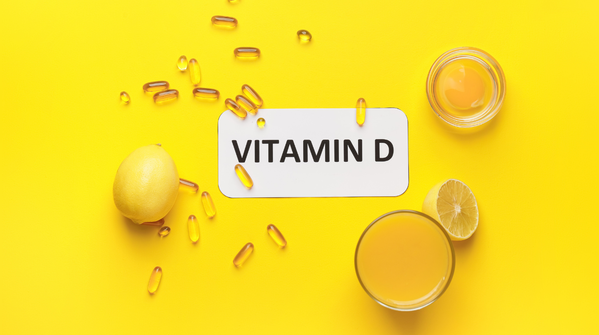
4/7
Vitamin D
Vitamin D, also known as the ‘sunshine vitamin,’ has a significant effect on brain function. Beyond supporting the bones, this nutrient also acts as a neuroprotective hormone. It also helps to reduce inflammation and improve brain function. Studieshave shown that vitamin deficiency can lead to many problems, such as dementia, depression, autism, and schizophrenia. Your body can naturally produce vitamin D through sun exposure. Eating fatty fish (tuna, trout), fortified milk, egg yolks, and mushrooms can also help.

5/7
Magnesium
Magnesium acts as a cofactor for over 300 enzymatic processes in our body. It also has a crucial role in regulating brain signals. It helps manage NMDA receptors, which are vital for learning and memory and also reduces brain inflammation. Eating magnesium-rich foods is crucial to keep the brain in good shape, especially as you age. Along with a well-balanced and nutritious diet, also add foods such as leafy greens (spinach, kale), nuts and seeds (pumpkin seeds, almonds), whole grains, and dark chocolate.
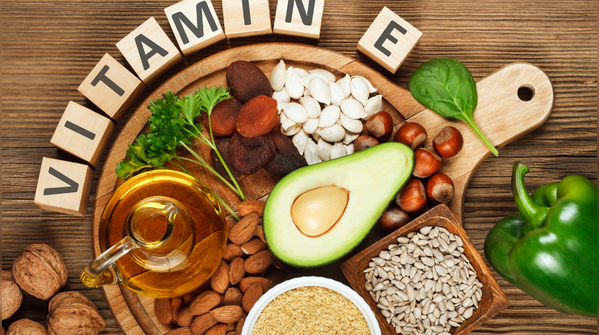
6/7
Vitamin E
Vitamin E is a fat-soluble antioxidant that protects the brain cells from oxidative stress. This may help to slowcognitive declineby neutralizing harmful free radicals in the brain. Foods such as almonds, sunflower seeds, avocados, spinach, broccoli, and vegetable oils (like sunflower or wheat germ oil) are natural sources of this vitamin.
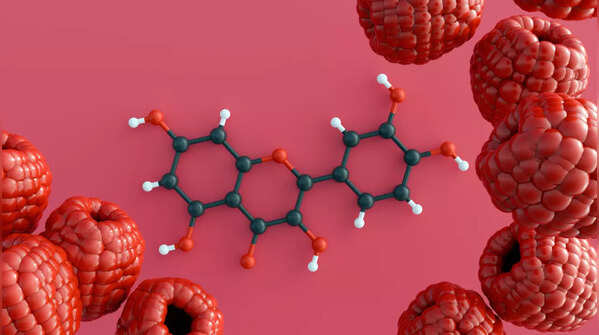
7/7
Quercetin
Quercetin is a flavonoid found in many plants. It is linked to improving mitochondrial function in brain cells, helping them generate energy more efficiently. It also supports neurogenesis and reduces inflammation. This flavonoidalso has the potential to protect against neurodegenerative diseases such as Alzheimer's and Parkinson's disease. You can consume fruits such as apples, berries (especially blueberries), onions (red and yellow), kale, capers, and green tea to get this naturally.
Follow Us On Social Media

 4 hours ago
1
4 hours ago
1







 English (US) ·
English (US) ·